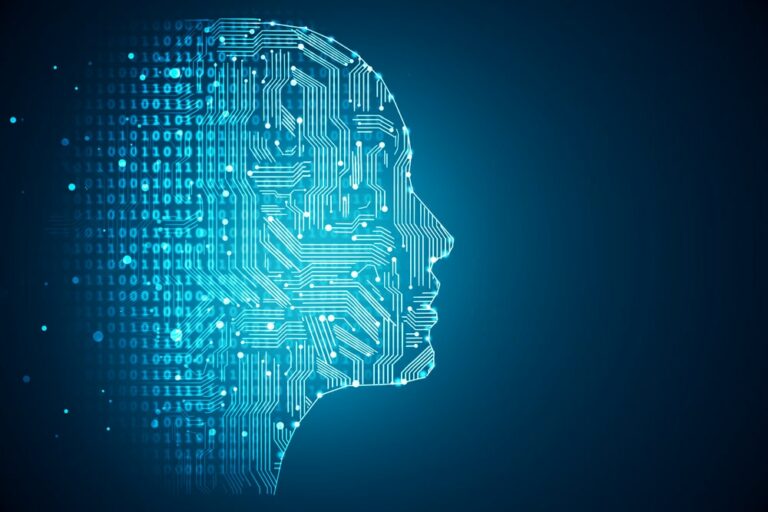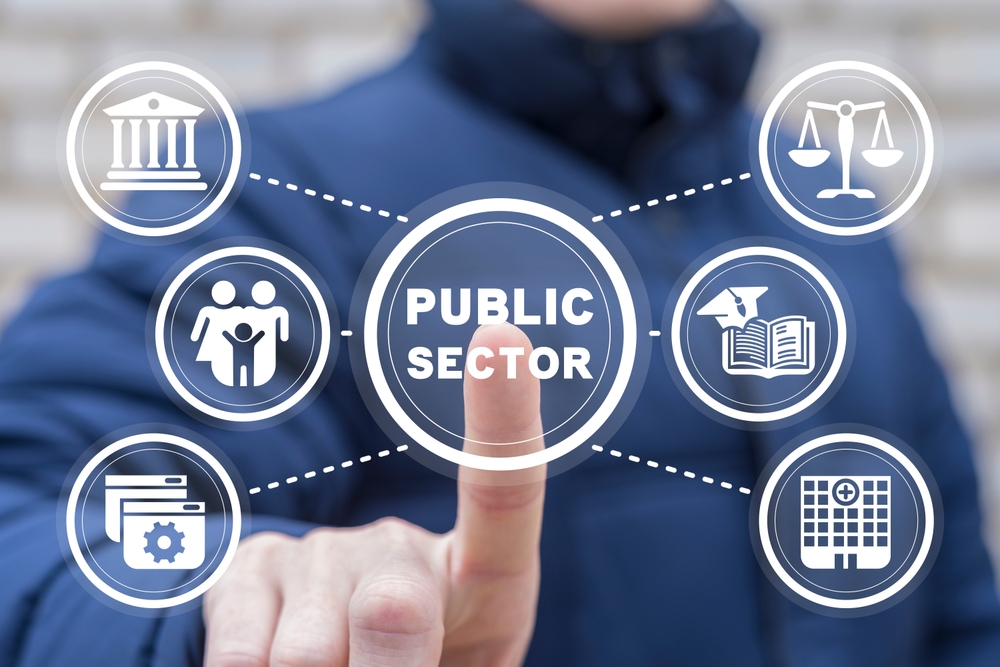
How Tech is Changing Your Life



Technology has become an integral part of our daily lives, transforming the way we interact with the world around us. From communication and entertainment to education and healthcare, technology has revolutionised countless aspects of our lives.
Read more to find out about the key digital trends in the Public Sector, and what these mean for you.
Key Trends
• Digital Government
The UK Government is actively implementing digital solutions to improve services and reduce costs. Initiatives like the Government Digital Service (GDS) are focusing on transforming public services to make them more accessible and user-friendly, with online tax returns, digital passports, and virtual NHS consultations being prime examples.
• Data Analytics
Data-driven decision-making is becoming increasingly important in the Public Sector. Local and national Governments are leveraging big data to optimise public service delivery, from predicting traffic flows to managing social services more effectively.
• Cyber Security
Protecting public funds, critical infrastructure, and citizen data from cyber threats is a top priority. The UK’s National Cyber Security Centre (NCSC) continues to develop defences to mitigate cyber-attacks, ensuring secure digital services across all sectors of Government.
• Artificial Intelligence
AI is being used for tasks like predictive analytics, chatbot development, and fraud detection. In the Public Sector, AI is automating routine administrative tasks, helping the NHS with early diagnosis in healthcare, and improving response times in social services through virtual assistants.
• Blockchain Technology
Blockchain is being explored for applications like supply chain transparency, smart contracts, and secure voting systems. It has the potential to add new layers of trust and accountability to the UK’s Public Sector, especially in verifying transactions and reducing fraud.
• Internet of Things (IoT)
IoT devices are being used for smart cities, asset tracking, and environmental monitoring. Local councils are deploying IoT for real-time data on everything from waste management to air quality, making UK cities cleaner, safer, and more efficient.
• Cloud Computing
Cloud-based solutions are helping to reduce costs and improve scalability. The UK Public Sector is increasingly adopting cloud services to modernise legacy IT systems, reduce infrastructure costs, and create more agile service models.

Impact on the Public
• Improved Access to Services
Digital services are making it easier for citizens to access Government services like healthcare, tax filing, and benefits, from any device, anywhere.
• Enhanced Efficiency
Technology is streamlining processes and reducing costs for both the Government and the public. Automated workflows and online platforms reduce paperwork and in-person visits, saving time and resources.
• Increased Transparency
Digital tools are improving transparency and accountability in government. Citizens now have more access to Government data and spending information, fostering trust in public institutions.
• Improved Decision-Making
Data analytics is enabling evidence-based decision-making, helping the Government address issues like public health, transportation, and resource management more effectively.
A Look to the Future
As technology continues to evolve, the UK Government is committed to staying at the forefront of innovation. From smart cities to AI-driven public services, the UK Public Sector is leveraging new technologies to create a more efficient, effective, and citizen-centric Government. These efforts aim to deliver high-quality services while addressing critical societal challenges such as sustainability, public health, and digital inclusion.
Who Are We?
GovData is a team of Public Sector experts who manage, review, and submit bids for companies looking to expand their work in the Public Sector.
If you want to find out more information on our live opportunities, you can visit our Frameworks page. You can call us on 01925 269 600 or email [email protected] to get in touch.